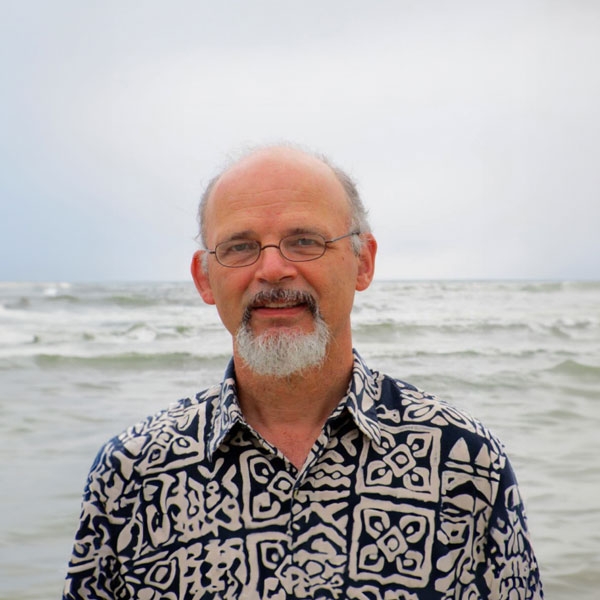Wednesday, March 20, 2024
Dinner Reception 6:30 p.m.
Faculty Discussion 7:30 p.m.
Dessert Reception 8:30 p.m.
As temperatures rise, so does our sense of the fragility of our planet. How do the materials that make up Earth make us susceptible to climate-driven hazards? Can plants become more resilient to a changing climate? Can communities and cultures adapt in the face of rising waters? Our 2024 Ben Talks program will feature Douglas Jerolmack, an experimental geophysicist who seeks to understand how landscapes form and evolve; Doris Wagner, a plant biologist who is exploring ways of programming resilience to climate change into plants; and Simon Richter, an environmental humanist who focuses on cultural aspects of the climate emergency. A dinner reception and warm conversation with fellow alums open the evening, followed by our faculty panel and dessert post-reception.

Douglas Jerolmack studies geomorphology, the places where land intersects with air or water, to better understand and predict how these materials interact in the form of erosion, earthquakes, and more. The professor of earth and environmental science and mechanical engineering and applied mechanics brings theoretical physics together with observation and experimentation to study the evolution of patterns that emerge. His research ranges from river erosion to the movement of hillsides to the properties of the mud used on baseballs.

Professor Poldergeist
Simon Richter’s research focuses on cultural aspects of the climate emergency, especially resilience, adaptation, and sustainability. As an environmental humanist, the Class of 1942 Endowed Term Professor of German’s work blurs distinctions between traditional scholarship, urban design, and environmental activism. He has been a member of two international teams working to create resilient, implementable designs, and leads a group producing animated videos about climate adaptation. Richter has received the Ira H. Abrams Memorial Award for Distinguished Teaching in the School of Arts & Sciences.

Doris Wagner studies how plant cells reprogram their identity and function during developmental transitions and in response to environmental inputs. Plants are an excellent experimental system to study reprogramming as they tailor their final form and cell function to the environment to optimize growth and survival. The DiMaura Professor of Biology’s foci include the architectural wiring of plant shoots and the role of chromatin. Her understanding of plant architecture and stress responses will enable precision tuning of adaptability and resilience in changing environments.

Mark Trodden works at the interface of cosmology and particle physics theory. Rapid advances in how we can see the universe have raised questions about fundamental physics principles like the theory of relativity. The Fay R. and Eugene L. Langberg Professor of Physics constructs and investigates models to shed light on the origins of dark matter, dark energy, the early cosmos, and other puzzles of modern cosmology. Much of his recent research has focused on trying to map out the space of viable models of the accelerating universe.
